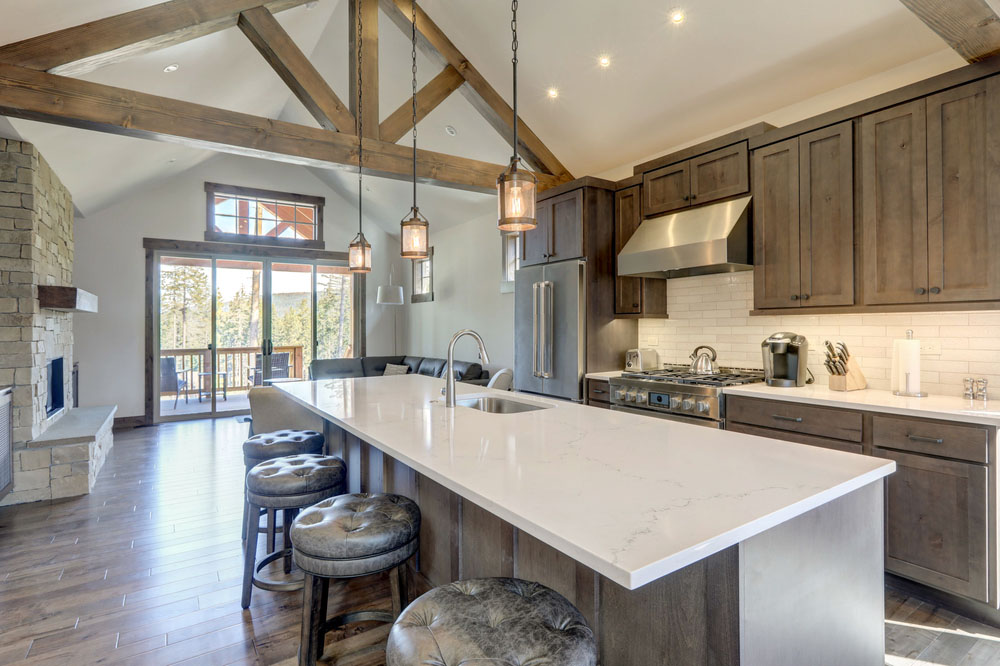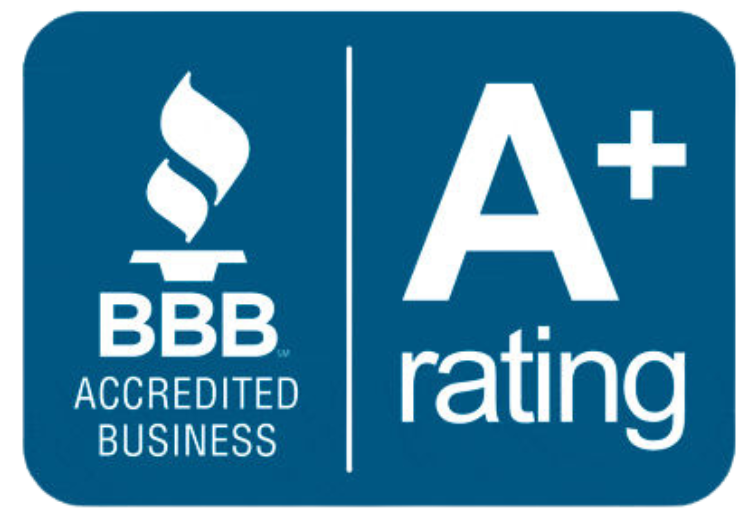Choosing the right kitchen counter material is an important decision that can significantly impact the aesthetics, functionality, and durability of your kitchen. With numerous options available in the market, each with its own unique qualities, it’s essential to consider the pros and cons before making a selection. In this article, we will explore the advantages and disadvantages of various kitchen counter materials to help you make an informed decision.
Granite Countertops
Pros
- Natural beauty: Granite offers a timeless, elegant look with its unique patterns and colors.
- Durability: It is resistant to scratches, heat, and stains when properly sealed.
- Longevity: Granite can last for decades if maintained properly.
Cons
- Cost: Granite can be expensive compared to other options.
- Maintenance: It requires regular sealing to prevent stains and bacteria growth.
- Weight: Its weight might require additional support during installation.
Quartz Countertops
Pros
- Versatility: Quartz countertops are available in a wide range of colors and patterns, mimicking the look of natural stone.
- Low maintenance: Quartz is non-porous and resistant to staining, making it easy to clean.
- Durability: It is highly resistant to scratches, cracks, and chips.
Cons
- Cost: Quartz tends to be more expensive than some other materials.
- Heat sensitivity: Direct heat exposure can damage the resin used to bind the quartz particles.
- Limited resistance to chemicals: Harsh chemicals may cause discoloration or damage the surface.
Marble Countertops
Pros
- Elegance: Marble countertops offer a luxurious and sophisticated appearance.
- Heat resistance: Marble remains cool, making it ideal for rolling out dough and working with pastries.
- Natural variations: Each marble slab is unique, providing a distinctive look to your kitchen.
Cons
- Porosity: Marble is susceptible to staining and etching from acidic substances.
- High maintenance: Regular sealing and delicate handling are necessary to maintain its beauty.
- Cost: Marble is generally more expensive than other materials.
Solid Surface Countertops
Pros
- Seamless appearance: Solid surface countertops can be seamlessly joined, creating a smooth and uniform surface.
- Non-porous: They are resistant to stains and bacterial growth.
- Repairable: Scratches and small damages can be easily sanded out.
Cons
- Vulnerability to heat: Solid surface countertops can be damaged by hot pots and pans.
- Susceptibility to scratches: While minor scratches can be repaired, deeper scratches may be difficult to remove.
- Limited color options: Solid surface countertops may not offer as wide a range of colors as other materials.
Stainless Steel Countertops
Pros
- Contemporary look: Stainless steel countertops are sleek, modern, and highly resistant to corrosion.
- Hygienic: They are non-porous, making them resistant to bacterial growth and easy to clean.
- Heat resistance: Stainless steel can withstand high temperatures without damage.
Cons
- Prone to scratches: Stainless steel countertops are susceptible to scratches and fingerprints.
- Noise: The clanging of pots and pans on a stainless steel surface can be quite loud.
- Limited design options: Stainless steel may not suit all kitchen styles.
Selecting the right kitchen counter material involves considering a variety of factors such as aesthetics, durability, and maintenance. While granite and quartz offer durability and versatility, marble and stainless steel provide a luxurious and contemporary look. Solid surface countertops are seamless and repairable, but they have limitations in terms of heat resistance. By weighing the pros and cons of each material, you can make an informed decision that best suits your needs and personal preferences, ensuring a functional and visually appealing kitchen countertop for years to come.






